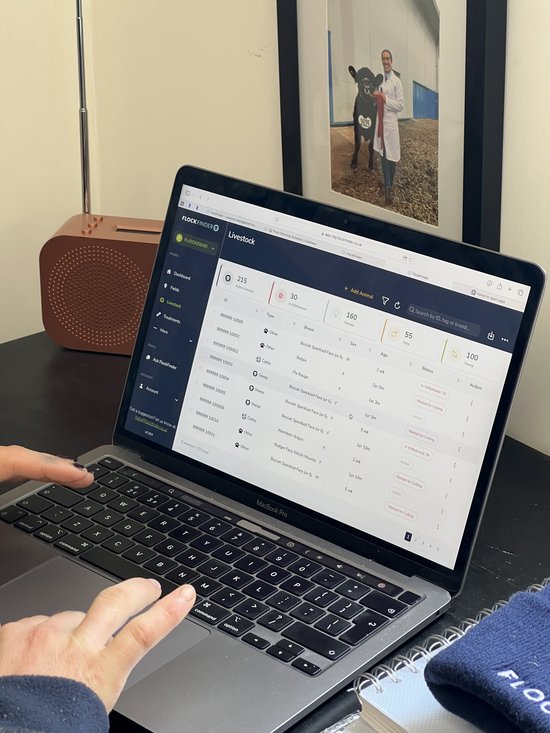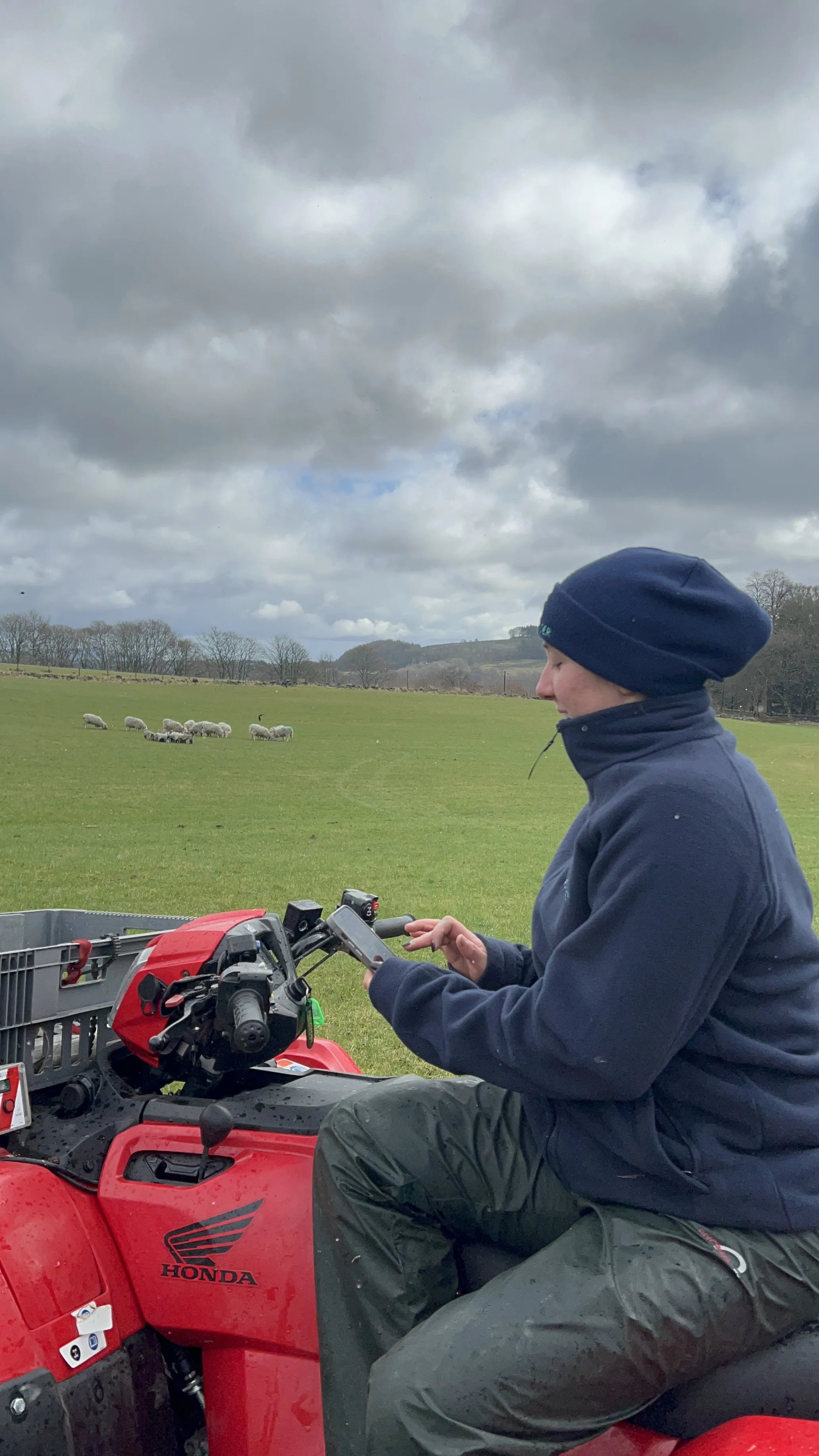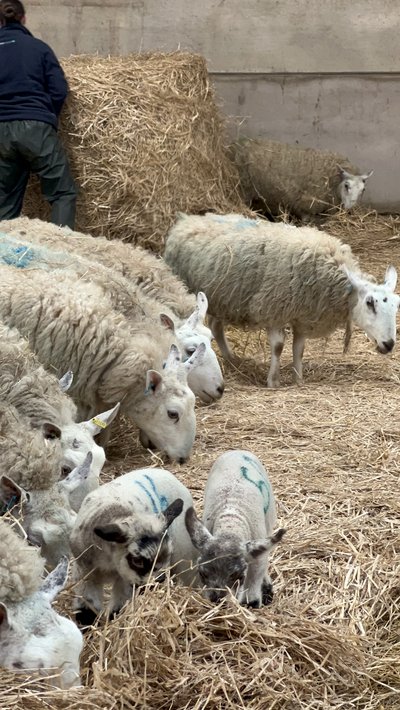The Role of Lineage in Genetic Improvement
Genetics play a crucial role in breeding programs, determining key traits such as growth rate, wool quality, and reproductive efficiency. Selective breeding has long been used to improve flock performance, and innovations like genomic selection are making it even more precise. According to industry research, genomic breeding values are enhancing accuracy in breeding predictions, particularly in hill breeds like the North Country Cheviot and Scottish Blackface. By tracking lineage, farmers can leverage these advancements to select superior breeding stock.
FlockFinder allows farmers to log and analyse detailed lineage records, ensuring accurate parentage tracking. The platform also offers the ability to compare breeding histories and identify patterns in genetic traits, empowering farmers to make informed selection decisions based on past performance data. Furthermore, with the new livestock table, farmers can generate customised views of their flock’s lineage, helping them visualise breeding relationships and the overall genetic structure more clearly, making more targeted breeding choices.
Disease Resistance and Longevity
One of the greatest benefits of recording bloodlines is improving disease resistance. Programs like the UK’s National Scrapie Plan have shown that genetic screening can help farmers breed sheep with resistance to serious conditions like Scrapie. Lineage tracking also aids in reducing inbreeding risks, which can lead to genetic disorders and lower productivity.
FlockFinder’s health record tracking capabilities allow farmers to document and monitor disease occurrences, vaccination schedules, and genetic risks. This ensures the early identification of potential health issues and helps farmers make proactive breeding decisions to minimise disease susceptibility. In addition, culling analysis is key to managing flock health—FlockFinder’s culling analysis tool automatically identifies low-performing or disease-prone breeding stock, so farmers can act swiftly and make informed decisions about which sheep to retain or cull to protect overall flock health and productivity.
Maximising Productivity Through Structured Breeding
Crossbreeding strategies that combine the strengths of different breeds—such as crossing hardy hill ewes with prolific lowland rams—can lead to hybrid vigor, boosting lamb survival rates and meat quality. Tools like estimated breeding values (EBVs) and genetic markers help refine these breeding choices. By tracking bloodlines, farmers can make more informed decisions on which rams and ewes to pair, maximising the likelihood of successful outcomes.
FlockFinder simplifies this process with tools like the livestock table, which allows farmers to generate customised views of their flock’s breeding data and performance history. This enables better oversight of individual animal performance across various traits such as wool yield, growth rate, and reproductive success. The platform also helps simulate potential breeding outcomes, predicting the performance of offspring based on genetic data, making it easier to plan for a more productive flock.
Additionally, FlockFinder enables farmers to track breeding records and outcomes, allowing them to evaluate the success of past pairings. By monitoring key performance indicators like birth weights, growth rates, and reproductive success, farmers can fine-tune their breeding strategies to align with their productivity goals. The culling analysis tool also supports this process by identifying underperforming animals, making it easier to focus on breeding stock that maximises productivity.
Data-Driven Decisions for a Sustainable Future
Sustainable sheep farming requires balancing productivity with environmental responsibility. Selecting for traits like feed efficiency and climate adaptability can help reduce farming’s ecological footprint. The latest genomic approaches make it easier to identify and breed sheep with these traits.
FlockFinder provides a centralized system for tracking flock performance, FlockFinder helps farmers assess which animals are thriving under specific conditions. This allows for smarter breeding choices that prioritize resilience and efficiency, supporting long-term sustainability and farm profitability.
Conclusion
Lineage recording is more than just keeping records—it’s a strategic tool that drives genetic improvement, disease resistance, and overall flock performance. With advancements in breeding technologies, tracking bloodlines has never been more critical. FlockFinder simplifies this process, offering a user-friendly platform to manage genetic data, track health records, and improve breeding strategies. The new livestock table and culling analysis tool make these tasks easier than ever, ensuring farmers have the tools they need to optimise their flocks for better performance and long-term sustainability. By leveraging these capabilities, farmers can ensure a more productive and resilient future for sheep farming.






